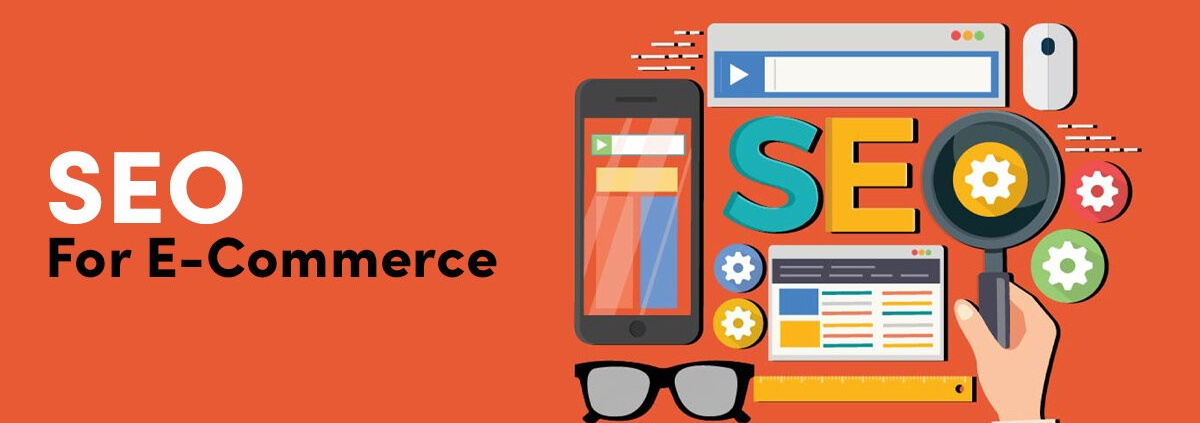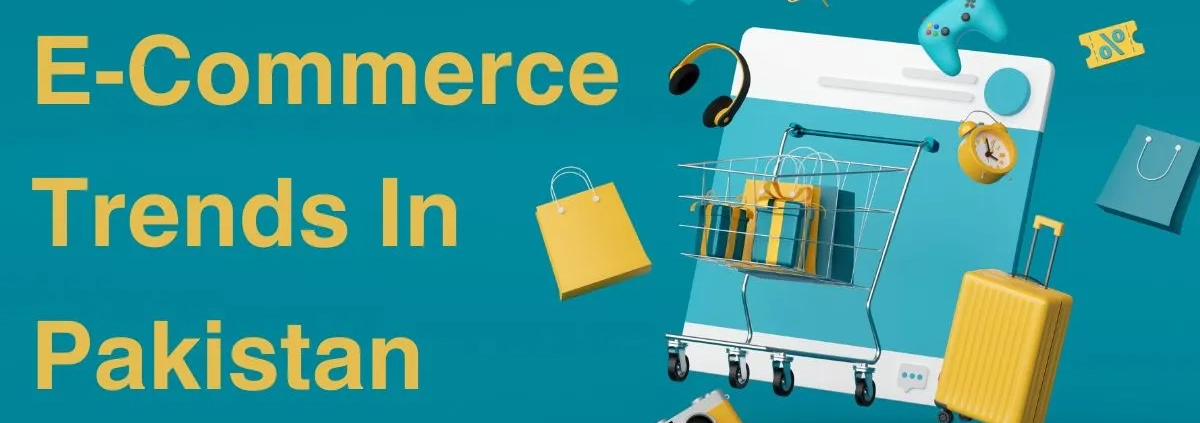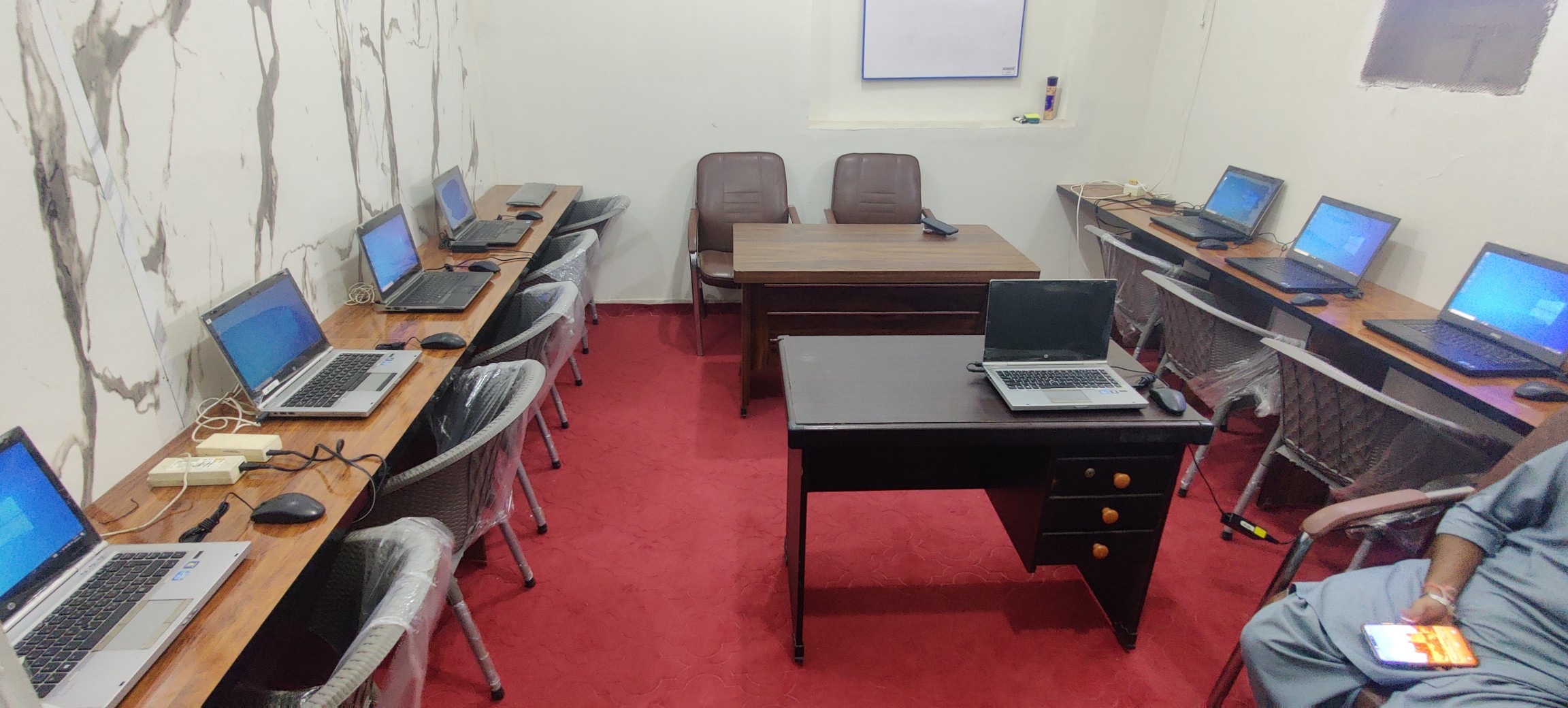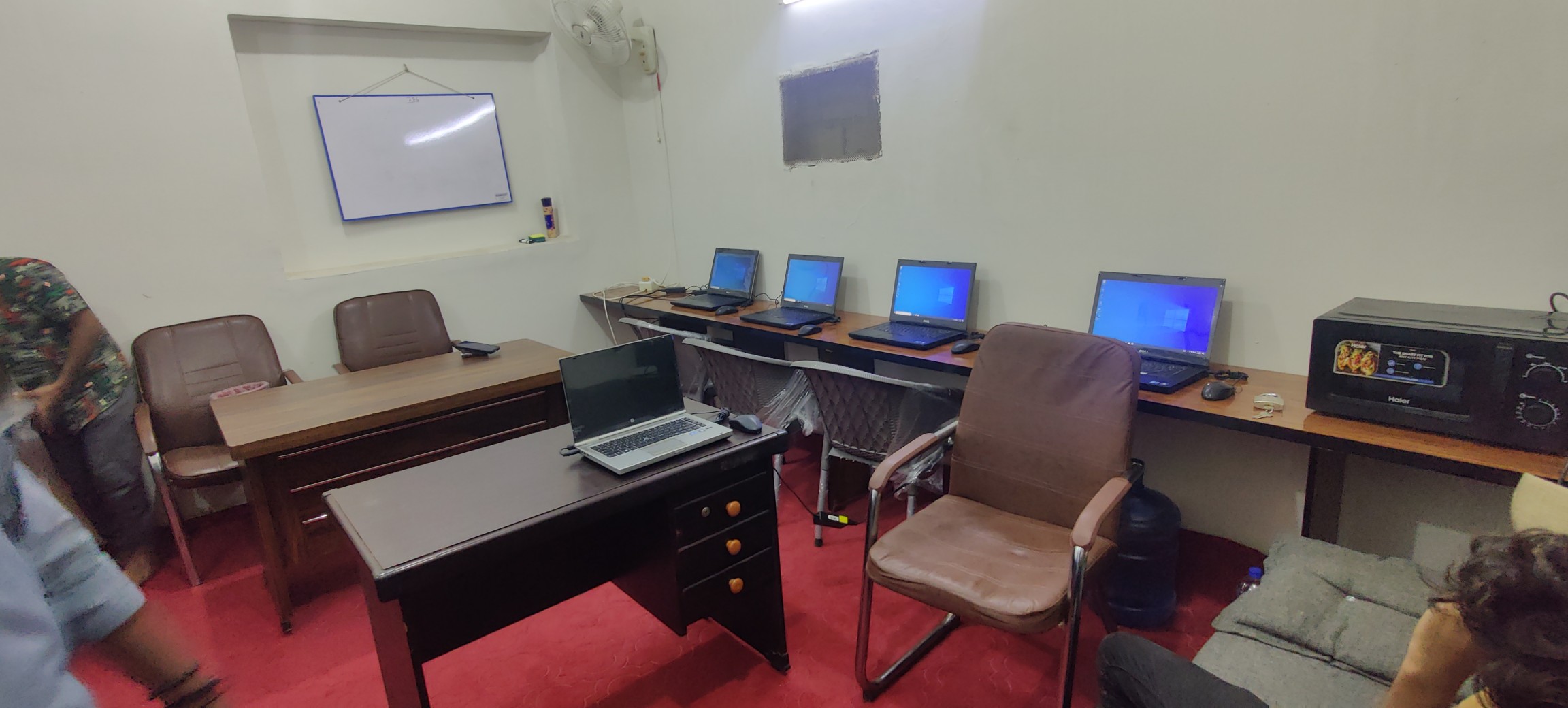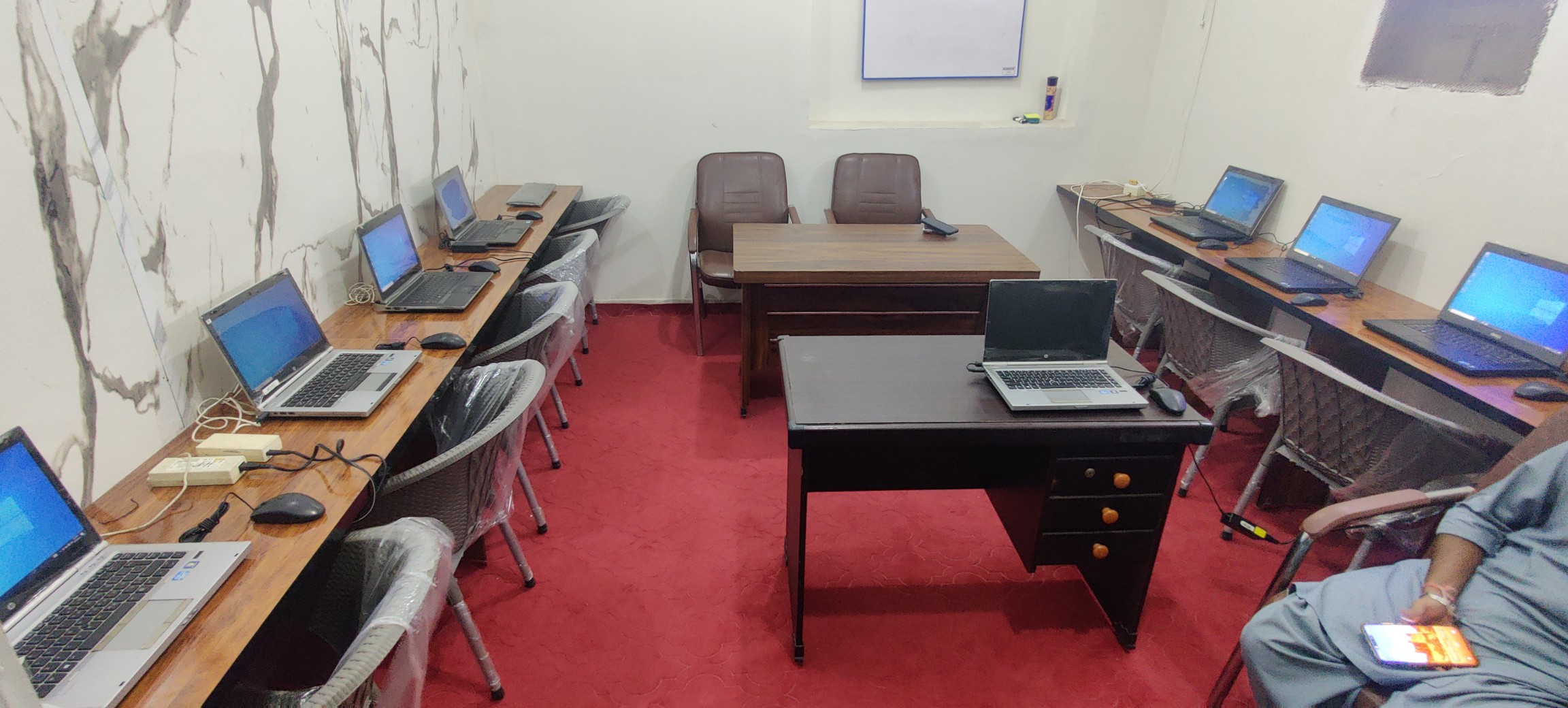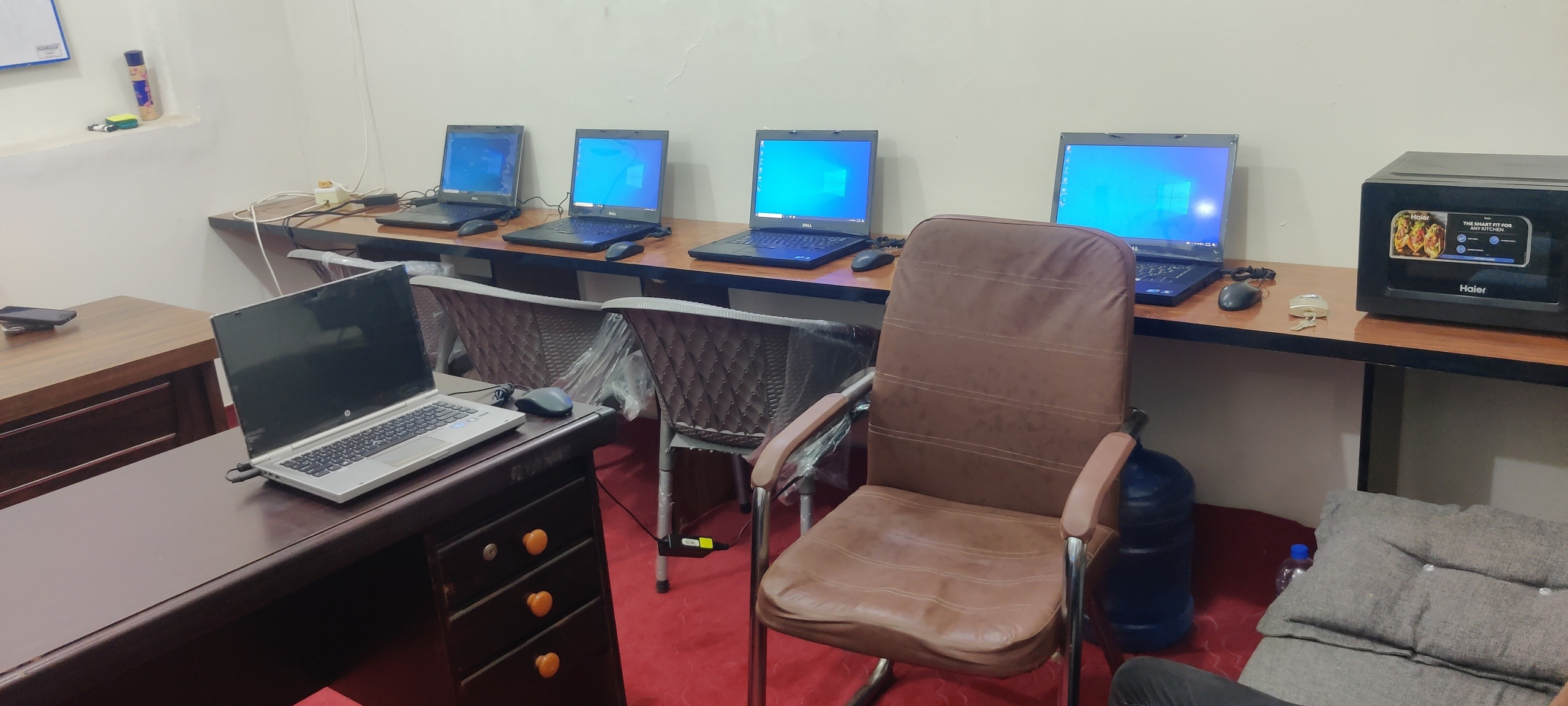How AI Will Change SEO Ranking Algorithms
Search engine algorithms are undergoing a major transformation — and artificial intelligence (AI) is at the core of it. At Business Trends, we stay ahead of these changes to ensure your digital presence remains competitive. This page explores how AI is reshaping SEO ranking algorithms and what your business must do to adapt.
Why AI is Changing SEO Algorithms
Search engines like Google are evolving from keyword-based ranking systems to AI-powered algorithms that understand context, intent, and user satisfaction. This means the old SEO tactics alone are no longer enough.
Instead, SEO in 2025 and beyond will focus on:
- Semantic understanding of content
- User intent prediction
- Real-time ranking adjustments
- Content quality and originality
- Site authority and trustworthiness
Key AI Technologies Impacting SEO Rankings
Natural Language Processing (NLP)
AI algorithms now process content like a human would — analyzing tone, topic relevance, and contextual depth. To rank higher, your content must be machine-readable, structured, and genuinely helpful.
User Behavior Modeling
AI systems track how users interact with pages. If visitors stay longer, engage with your content, and convert, your SEO rankings improve. We help optimize UX to keep users engaged.
Content Quality Assessment
Algorithms use AI to detect low-quality or AI-generated spam. That’s why our AI-powered content strategy combines machine speed with human insight — delivering value-driven, original content that ranks.
Real-Time Learning Algorithms
Unlike static updates, AI models like Google’s RankBrain and MUM adapt continuously. Your site needs ongoing SEO monitoring and agile updates to stay aligned with these changes.
How to Optimize for AI-Driven SEO Algorithms
At Business Trends, we implement future-proof strategies to help businesses stay visible, including:
- Answer Engine Optimization (AEO): Format your content to answer direct user queries.
- Structured Data & Schema Markup: Make it easier for AI to read and quote your content.
- Internal Linking Strategy: Improve site navigation and topic authority with intelligent linking between key services like AI-Based SEO Strategies and other offerings.
- Performance Optimization: Ensure your site loads fast and is mobile-friendly — key AI ranking signals.
- Content Clusters: Create topic-driven clusters that showcase expertise and semantic relevance.
The Role of E-E-A-T in AI Rankings
Google emphasizes Experience, Expertise, Authoritativeness, and Trustworthiness (E-E-A-T) — now evaluated with the help of AI. One of the best ways to build trust is by referencing official guidelines, such as Google Search Central’s SEO documentation, and showcasing deep industry knowledge.
Why Choose Business Trends for AI-Focused SEO
We don’t just adapt to AI — we build strategies that work with it. Whether you’re a startup or an established brand, our SEO services are tailored for 2025’s AI-first search environment.
Explore how our Digital Marketing Services can align your site with the next wave of algorithm updates.
Get Future-Ready with Business Trends
As AI continues to reshape SEO ranking algorithms, businesses that invest in intelligent strategies will lead the pack. Ready to optimize your site for the future? Contact Business Trends today to start your journey toward sustainable, AI-friendly growth.
FAQs: How AI Will Change SEO Ranking Algorithms
1. What does AI have to do with SEO ranking algorithms?
AI helps search engines better understand user intent, content relevance, and website quality. Algorithms now use AI to rank pages based on context, user behavior, and semantic analysis.
2. How will AI change SEO ranking algorithms in 2025?
AI will make algorithms more dynamic, focusing on real-time data, user experience signals, content originality, and contextual relevance instead of just keywords or backlinks.
3. Will traditional SEO techniques still matter with AI?
Yes, but they must evolve. On-page SEO, quality backlinks, and technical performance still matter — but they need to align with AI’s ability to interpret content and intent more deeply.
4. What is the role of user behavior in AI-driven rankings?
AI tracks how users interact with your site — including time on page, bounce rates, and engagement — and uses this data to assess content quality and relevance.
5. How can I optimize for AI-based SEO algorithms?
You can optimize by using structured data, focusing on helpful content, improving page speed, using topic clusters, and adopting Answer Engine Optimization (AEO) strategies.



